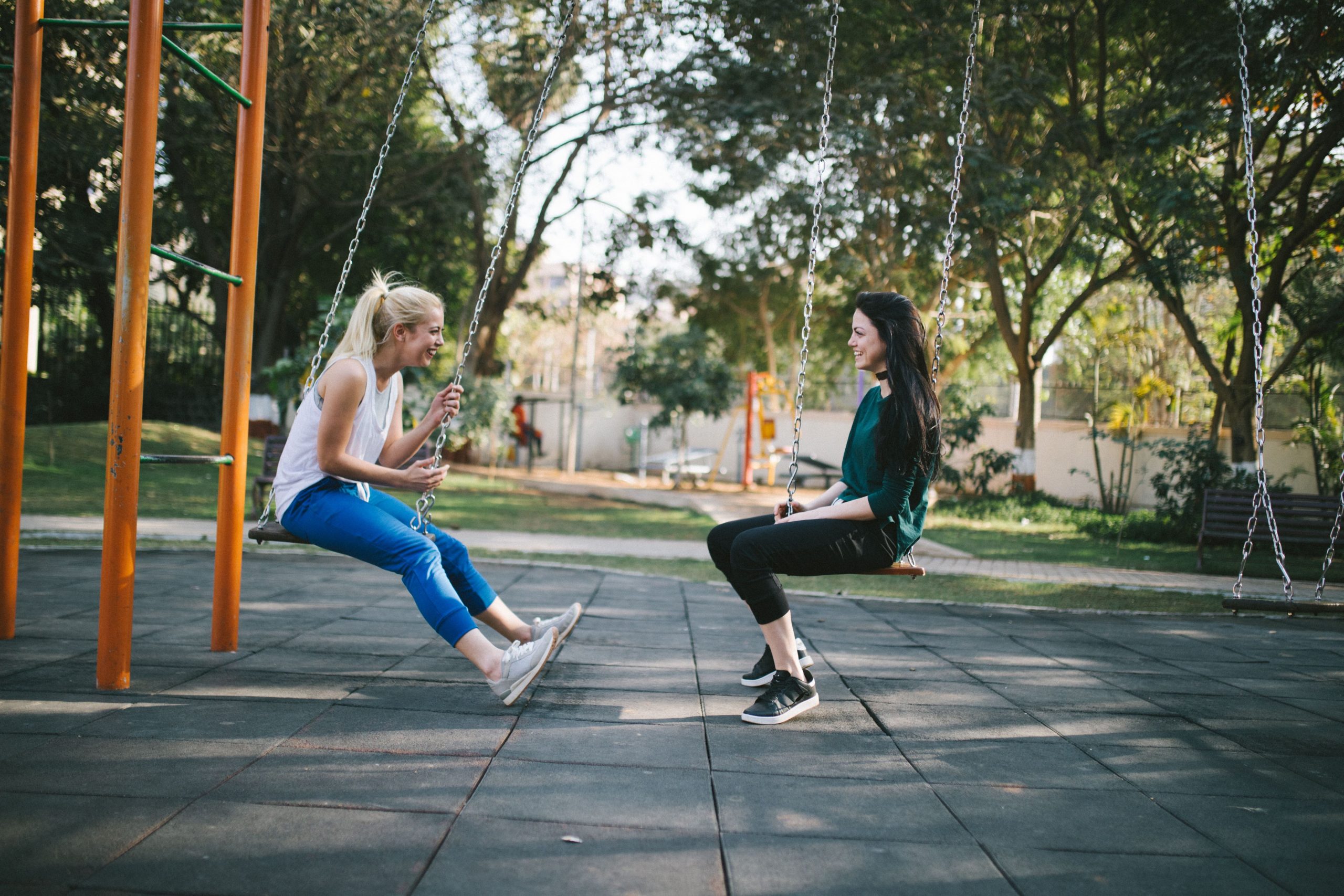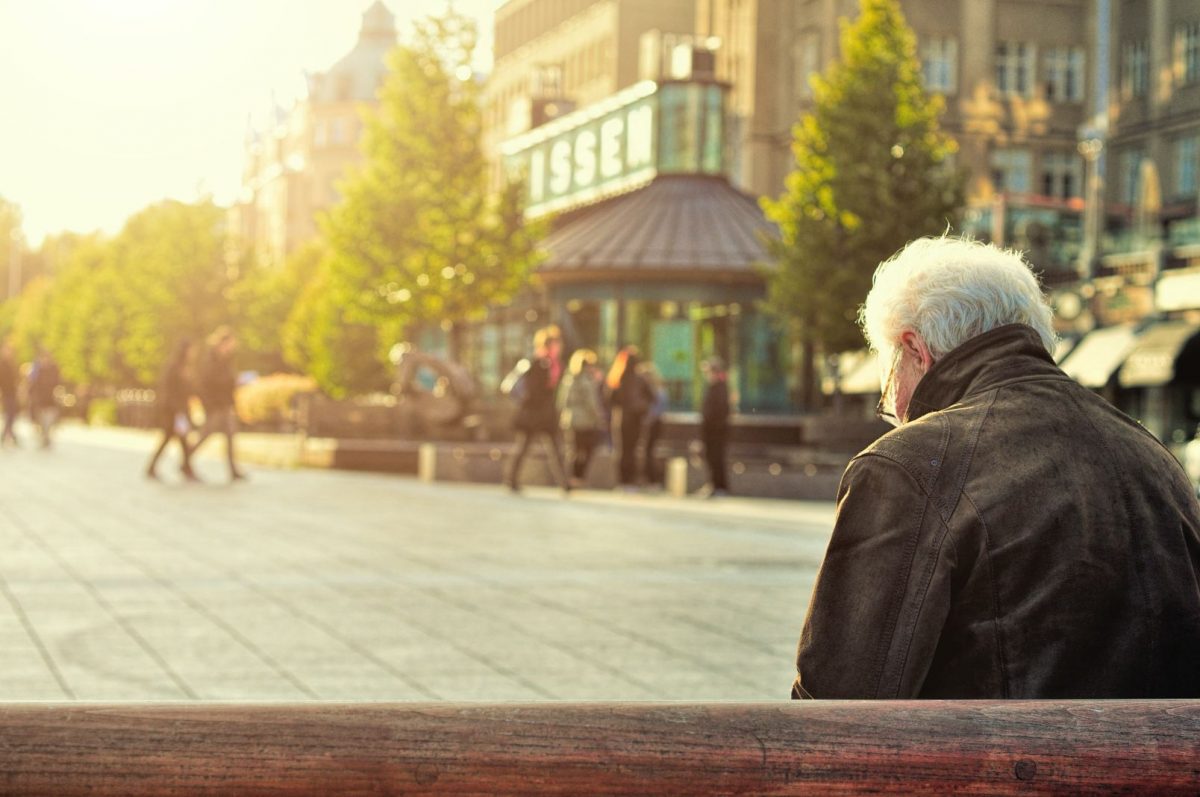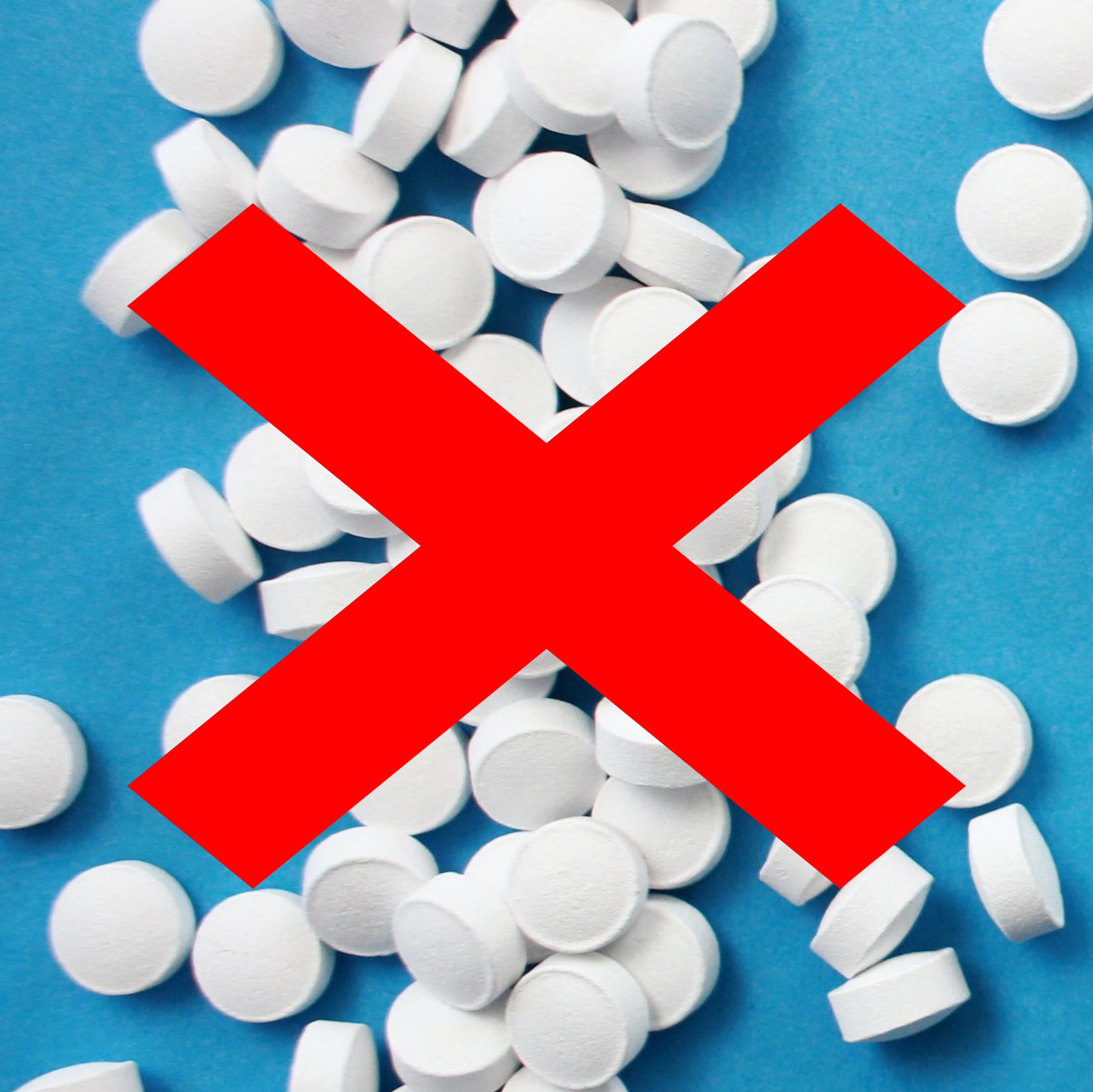Seeing a loved one overcome their addiction and finally lead a healthy and productive life is a dream come true, isn’t it?
You’ve fought the uphill battle of addiction right alongside them…maybe by refusing to give them money for drugs or alcohol. Maybe you held your ground when they lashed out at you in anger. You kept urging them to get the treatment they deserved, until one day they went. Now they’ve completed treatment and they’re doing great.
It’s awesome. But there’s that nagging thought in the back of your mind…
What if they relapse?
It’s a scary prospect. Relapses don’t always happen, and they’re not insurmountable. But it’s better to be prepared than scared.
You may feel tempted to keep a close eye on your loved one…watch closely, asking questions, trying to keep them on the clean & sober path.
Be careful. This is NOT the right thing to do. In fact, you may hurt your relationship. They may see you as ‘smothering’ or ‘ordering them around,’ which they’ll reject. Along with you.
It’s very important to understand: You are not responsible for keeping your loved one from relapsing. They must direct their own life. You don’t need to be “hyper-vigilant” – just supportive.

We’re sharing these ‘warning signs’ of impending relapse not to provide you with triggers for action, but to make you aware of when your loved one may need your support.
The Three Biggest “Warning Signs” of Relapse
The past is never truly gone. We always remember how we behaved then. The people we knew. The patterns we followed.
Those patterns are what leave us at risk of relapse. Disruptions to post-recovery patterns can make us fall back into the old patterns. The using days.
In general, we’ve found three main types of disruptions that can trigger relapses. Again, treat these like “warning signs”…not necessarily leading to a relapse, but they can open a recovered person up to one.
1. “Triggers” – Serious Life Events.
If a traumatic event occurs (sudden loss of friend/family, accident/injury, loss of job), it will generate a lot of stress and high emotions. When we respond to stress, we don’t always do it rationally.
In the middle of an emotional reaction, the mind will sometimes try to flee. Not flee as in ‘run away,’ but flee as in ‘retreat into an old, familiar pattern of behavior.’ Like using a drug that made them feel better in the past.
2. Spending Time with People Known to Drink/Use.
Associating with people who’ve used drugs/alcohol with them in the past (especially suddenly) can lead to relapse. The environment is familiar, comfortable…recalling good times in the past.
Someone passes over a bottle. They could finish the drink before they’ve consciously realized it.
Most people in recovery sever ties with still-using friends…but not all. If this continues, maybe suggest they discuss it with their sponsor or support network.
3. Drop-Off in Communication.
Everyone’s their own worst critic. Including recovered addicts. If they begin to feel regret or hopelessness (“I’ll always be a user”-kind of thinking) they may relapse to validate those feelings.
When these thoughts arise, they’ll usually withdraw from normal communication. They don’t respond to texts or calls as quickly as they used to. They hide at home, at work, and at social events (if they go out at all).
The biggest help you can provide is being there to talk. Invite open communication at any time. Make them aware that you want them to talk with you about their feelings & their life situation.
Sometimes, just knowing someone will listen makes the difference between another day of sobriety and a relapse.
Your Support is All You (and They) Need
Again, you are not responsible for your loved one’s sobriety. They have learned the tools to maintain it themselves. Resist the temptation to tell them what they ‘should’ do.
The best way for you to help is to support their recovery efforts—going to meetings, taking care of themselves, communicating with their sponsor when needed.
Most importantly, take care of yourself too. Addiction affects everyone differently. If you find yourself overly stressed helping your loved one, make time for yourself. Talk to a counselor. Go to Al-Anon if desired (all are welcome). Ask friends for help.
—-
The counselors at Support Systems Homes are always happy to assist our recovered clients, and their loved ones. Our number is in the footer below.




